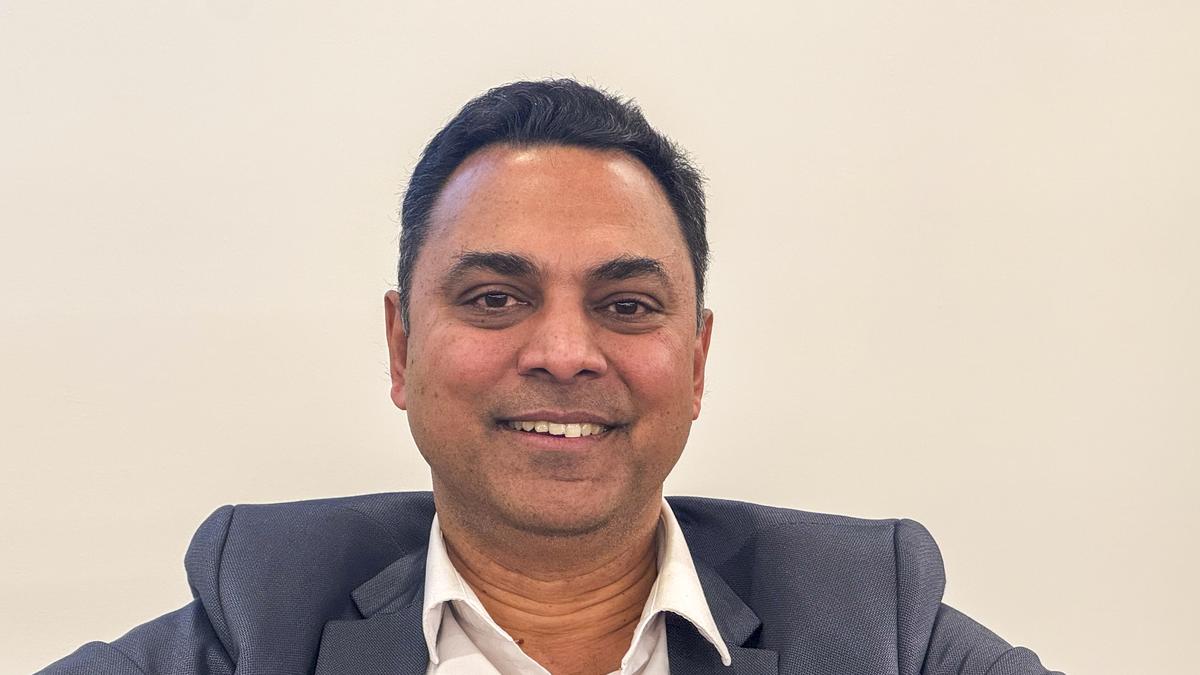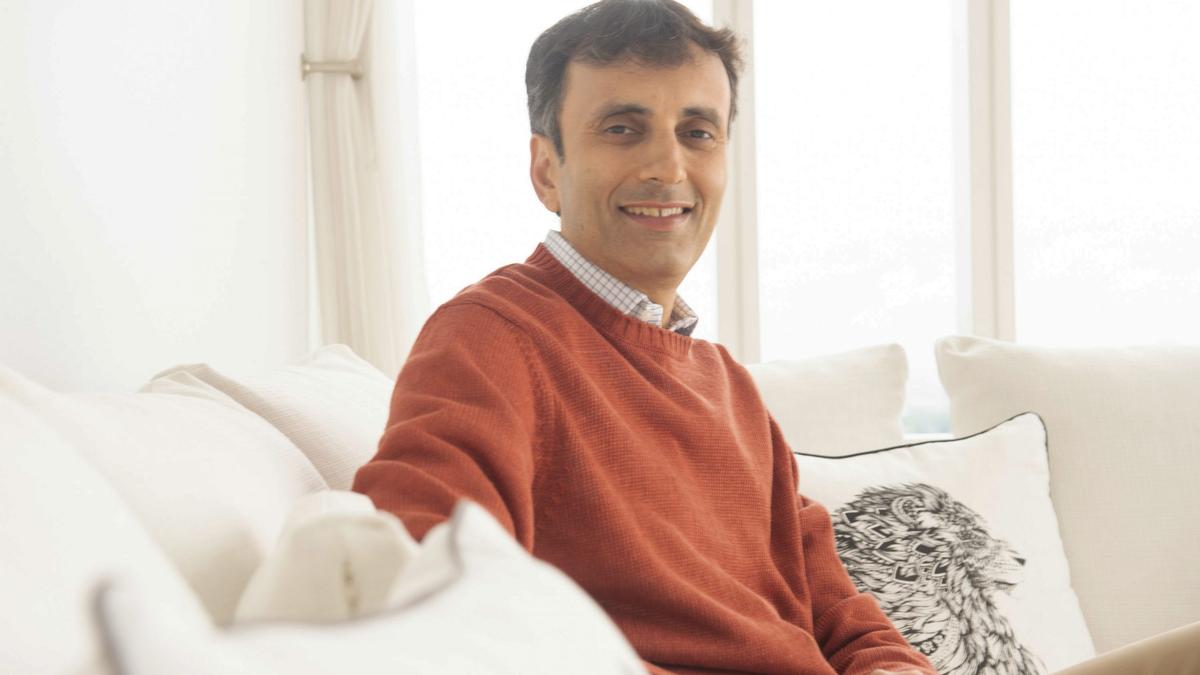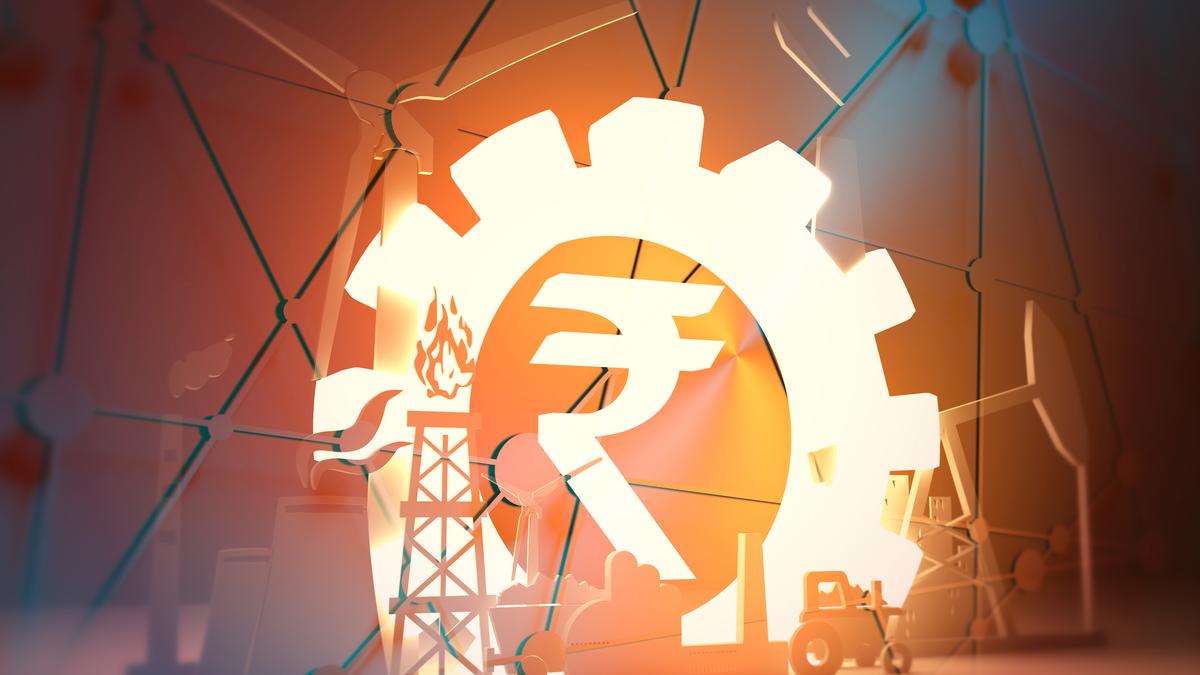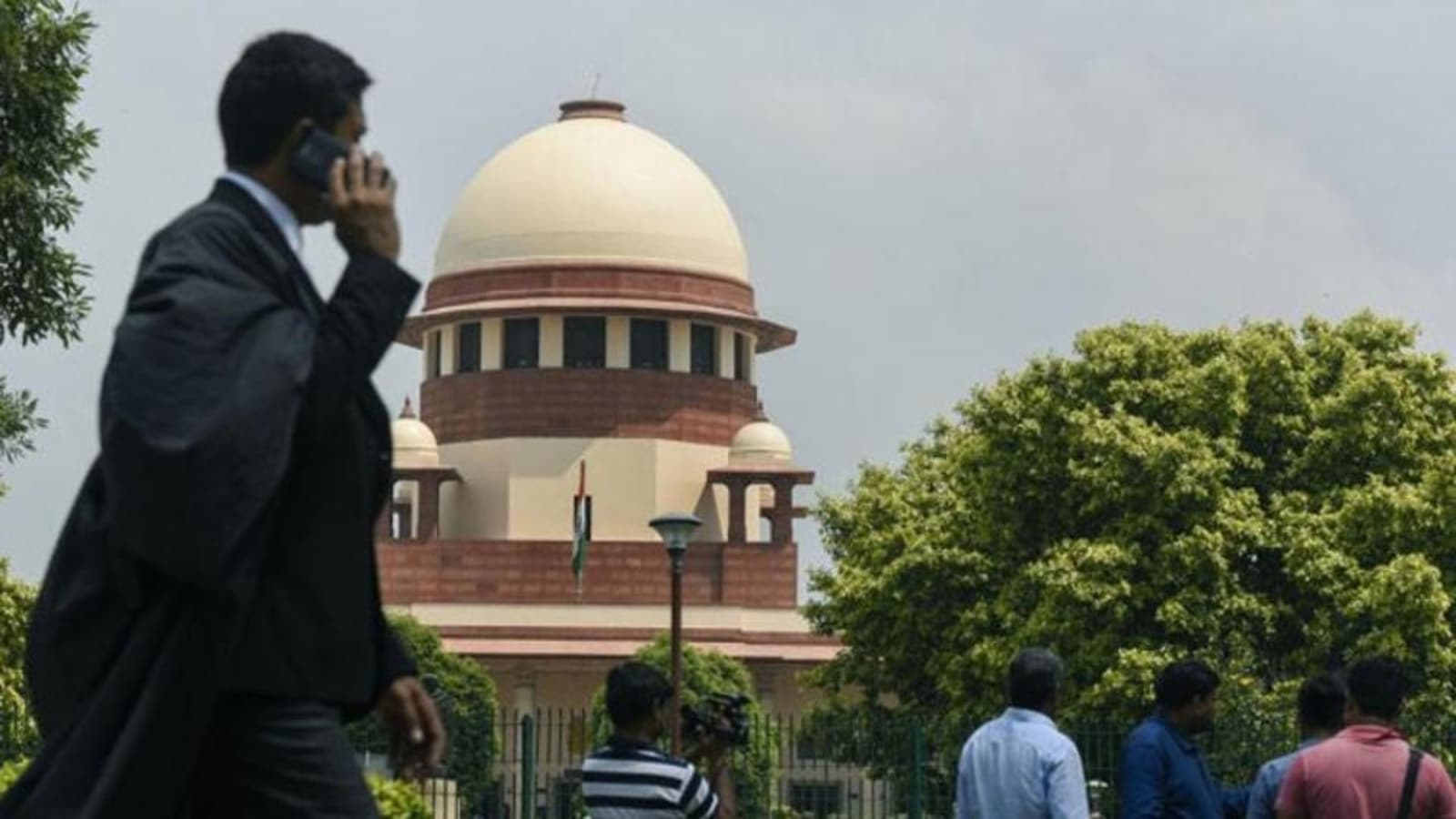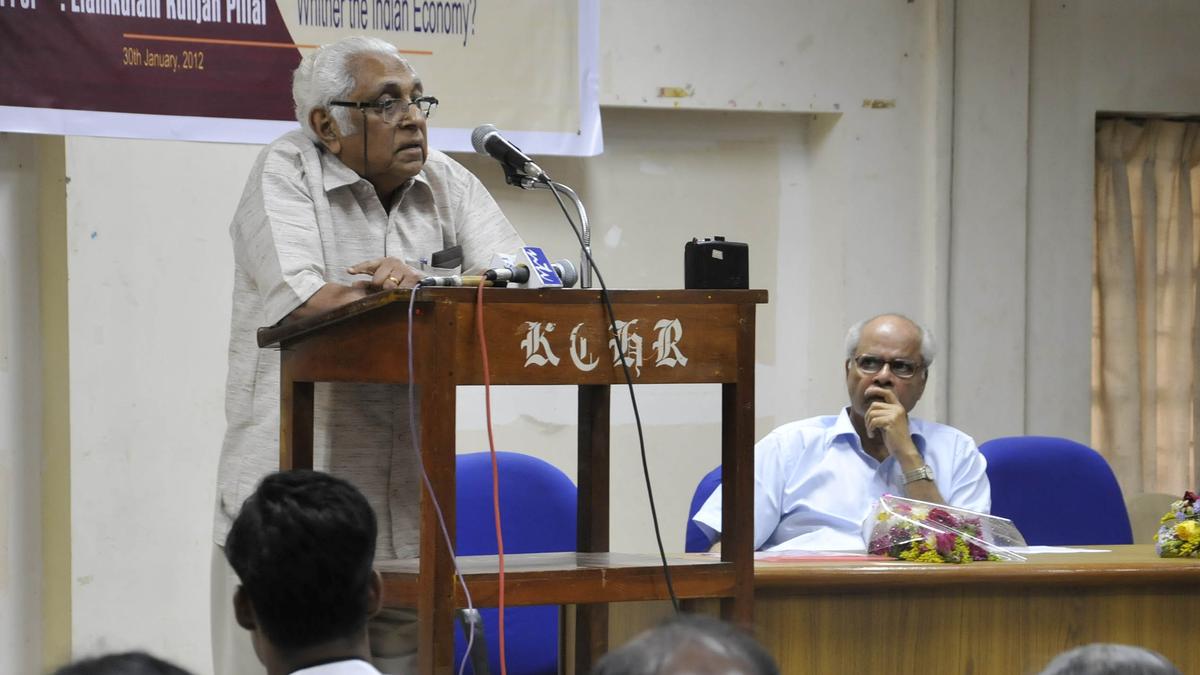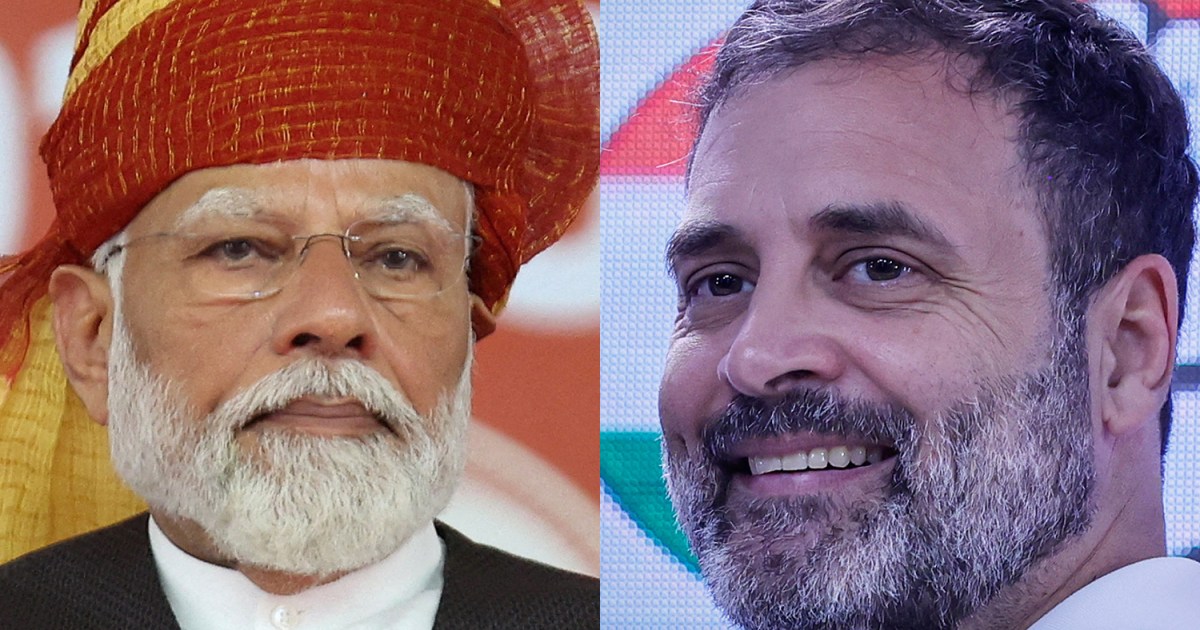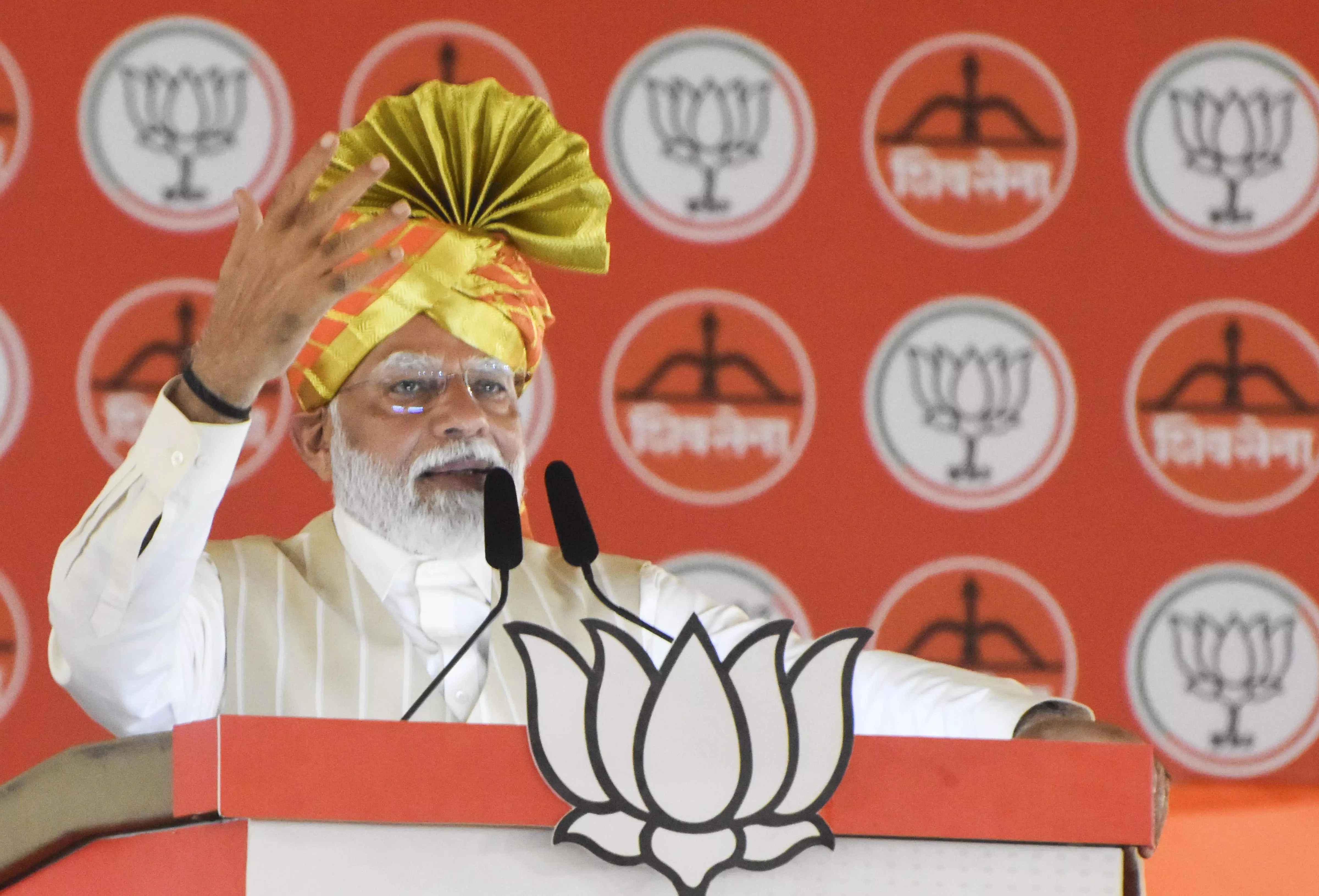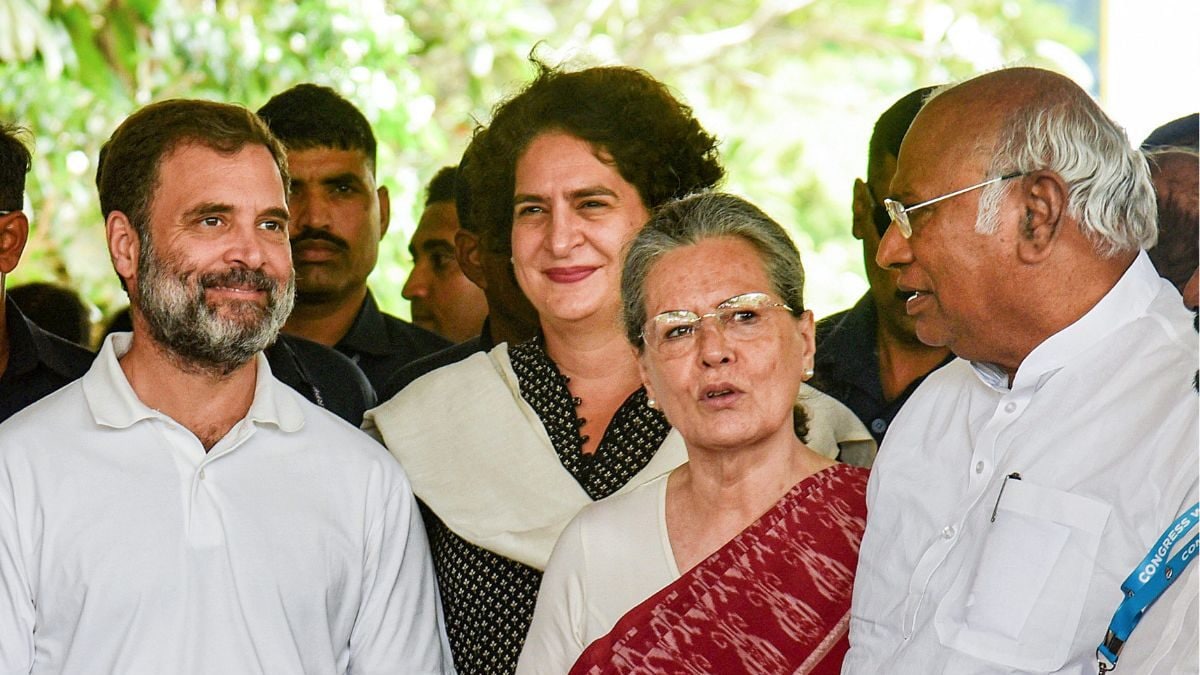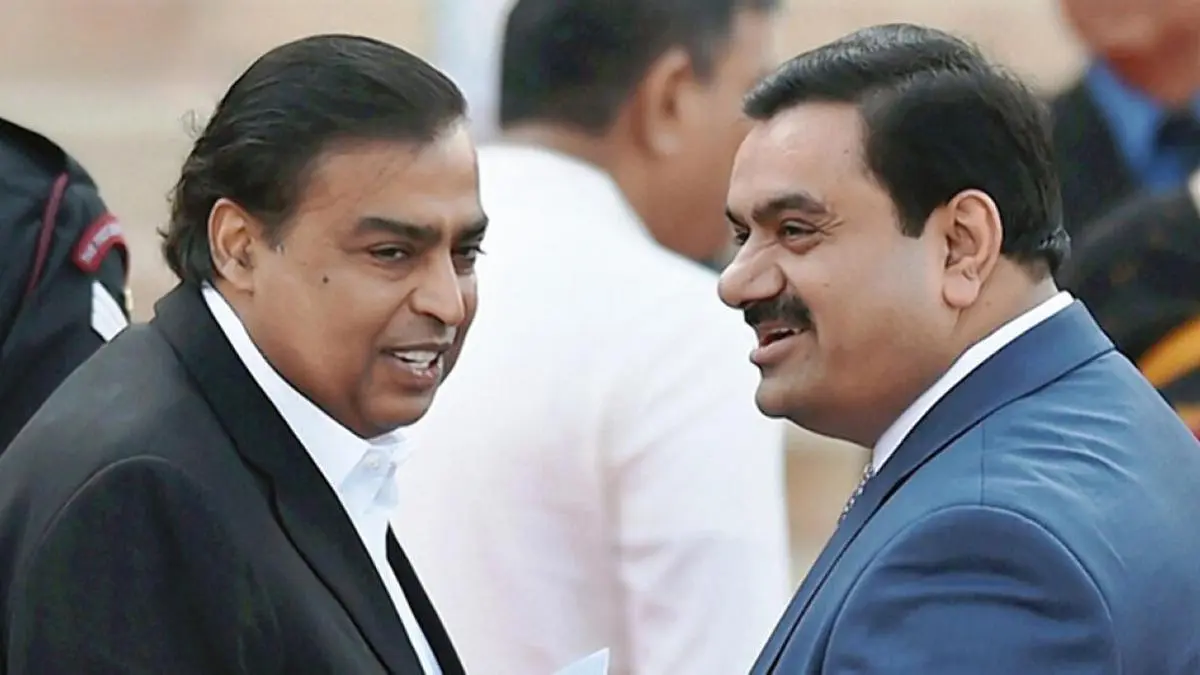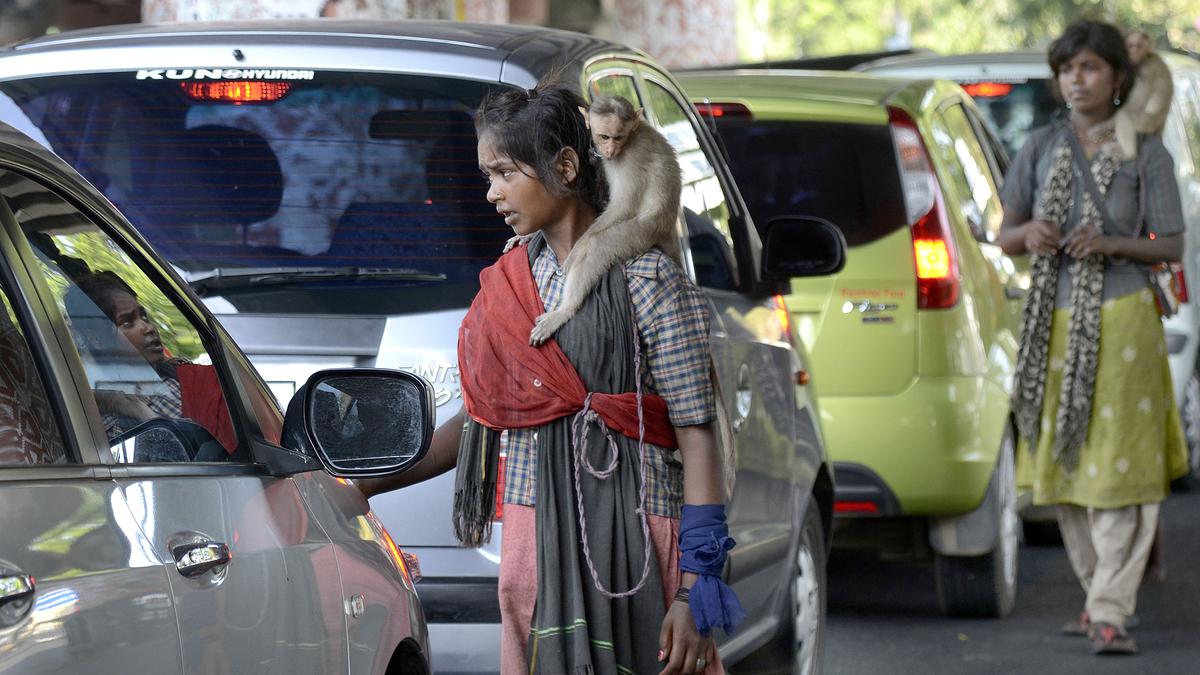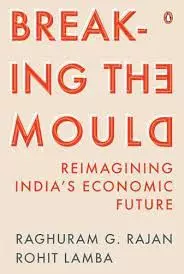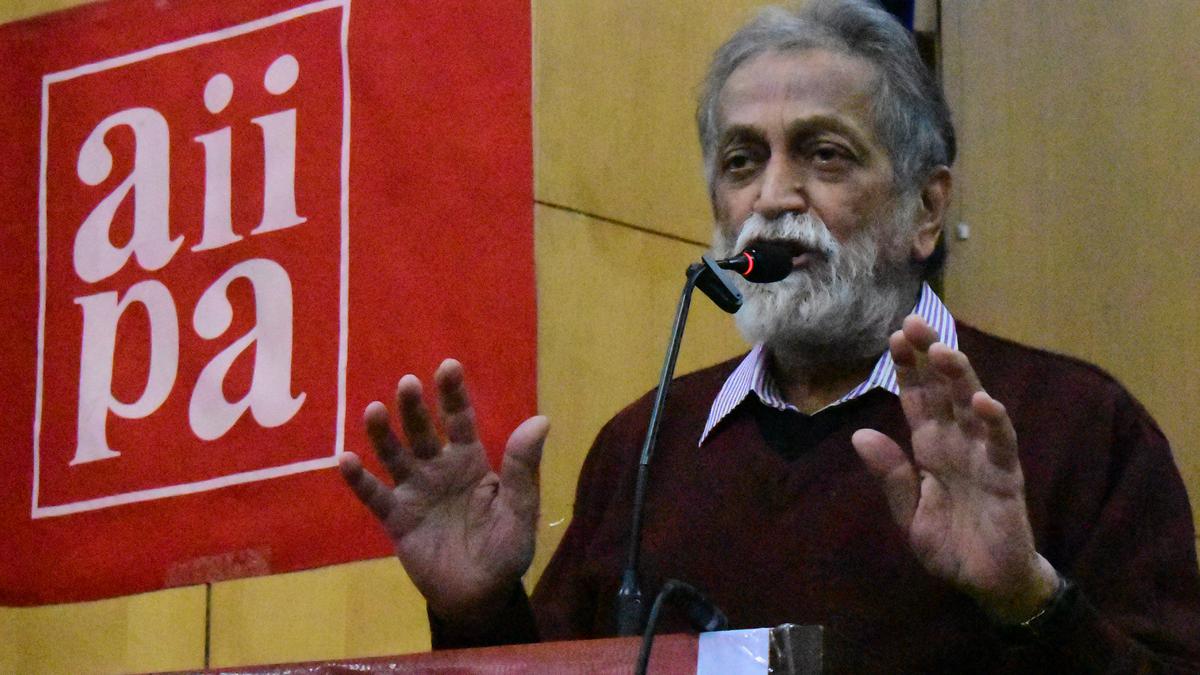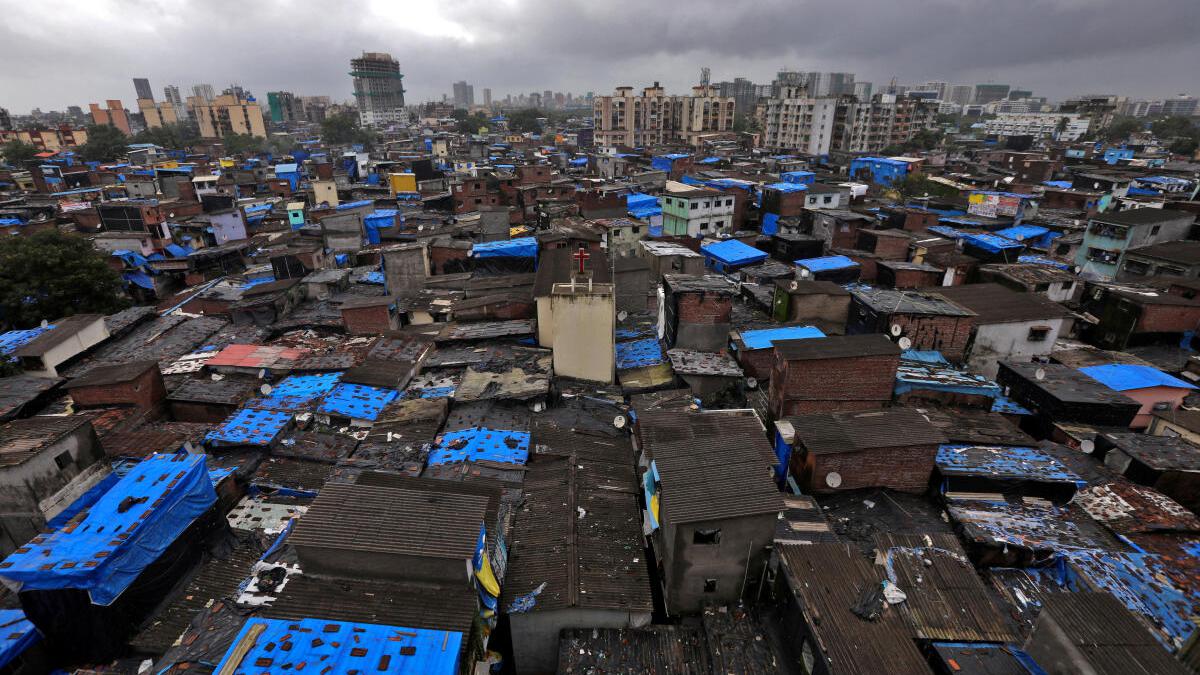
Mohan Guruswamy | How rise in inequality distorts Indian society
Deccan ChronicleIn 2013 the French economist Thomas Piketty released Capital in the Twenty-First Century, a magnum opus on income inequality. We are, Piketty suggested, returning to the kind of dynastic, ‘patrimonial’ capitalism that prevailed in the late 19th century.” We only need to look around us to see that most of the wealthy today are inheritors, and without doubt many of them are building on those inheritances to further accentuate the income inequality. In his new book Capital and Ideology, Thomas Piketty argues, with far greater validity, that inequality is driven by human institutions, which in turn reflect the dominant ideology. These choices are shaped by society’s conception of social justice and economic fairness and by the relative political and ideological power of contending groups and discourses.” Does this mean Marx was wrong? Piketty’s study relates to how both capital and knowledge came to be inequitably allocated because of the institutional arrangements within societies.
History of this topic

‘India must impose more taxes on super-rich’: Economist Thomas Piketty as top 1% hold over 40% of nation’s wealth
Live Mint
Patralekha Chatterjee | Why isn’t rising inequality turning into a poll issue?
Deccan Chronicle
Inequality report renews question on growth model
New Indian Express
Inequality worsening in India with share of top 1% in total income at new high, says new paper co-authored by Piketty
Hindustan Times
A cap on capitalism: Is it time for India to debate one?
Live MintLiberal economics creates illiberal societies
The HinduThe cold truth about India’s income inequality
The HinduDiscover Related

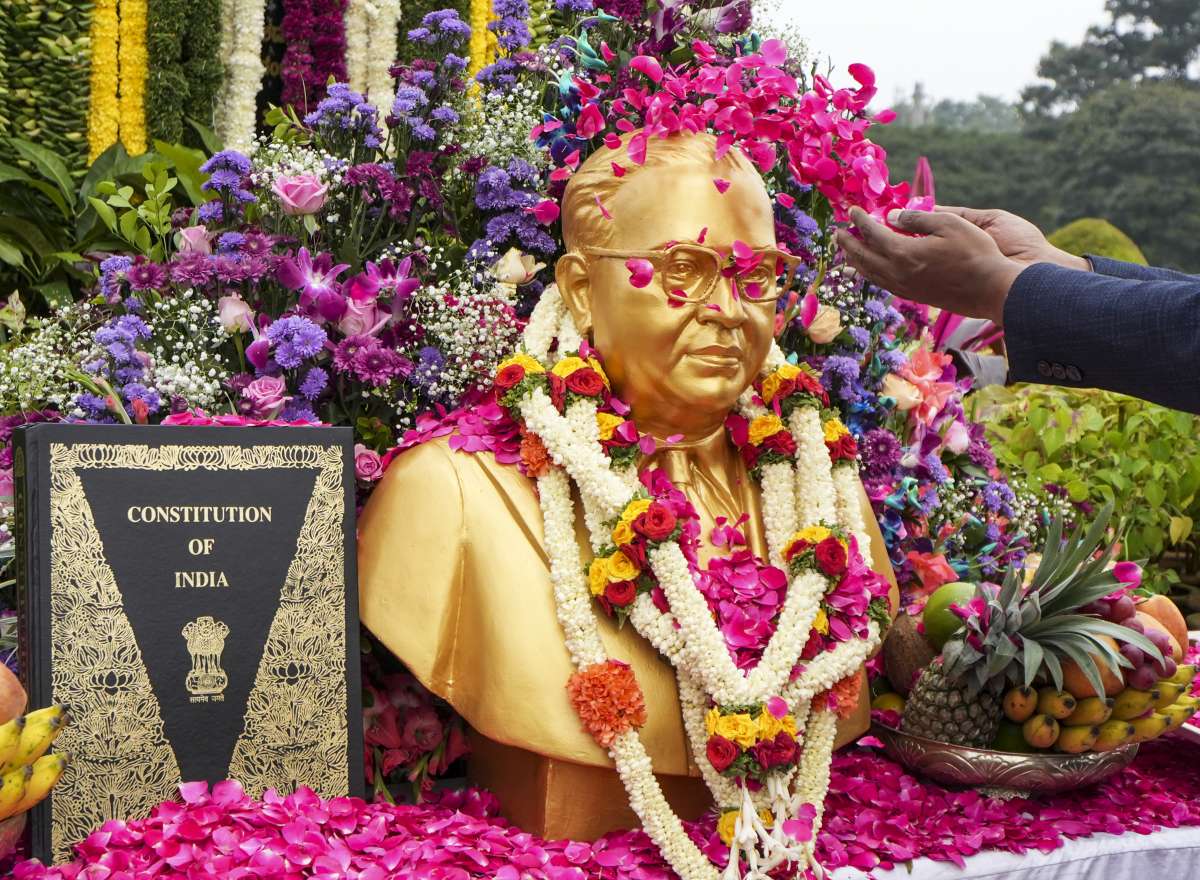
)
